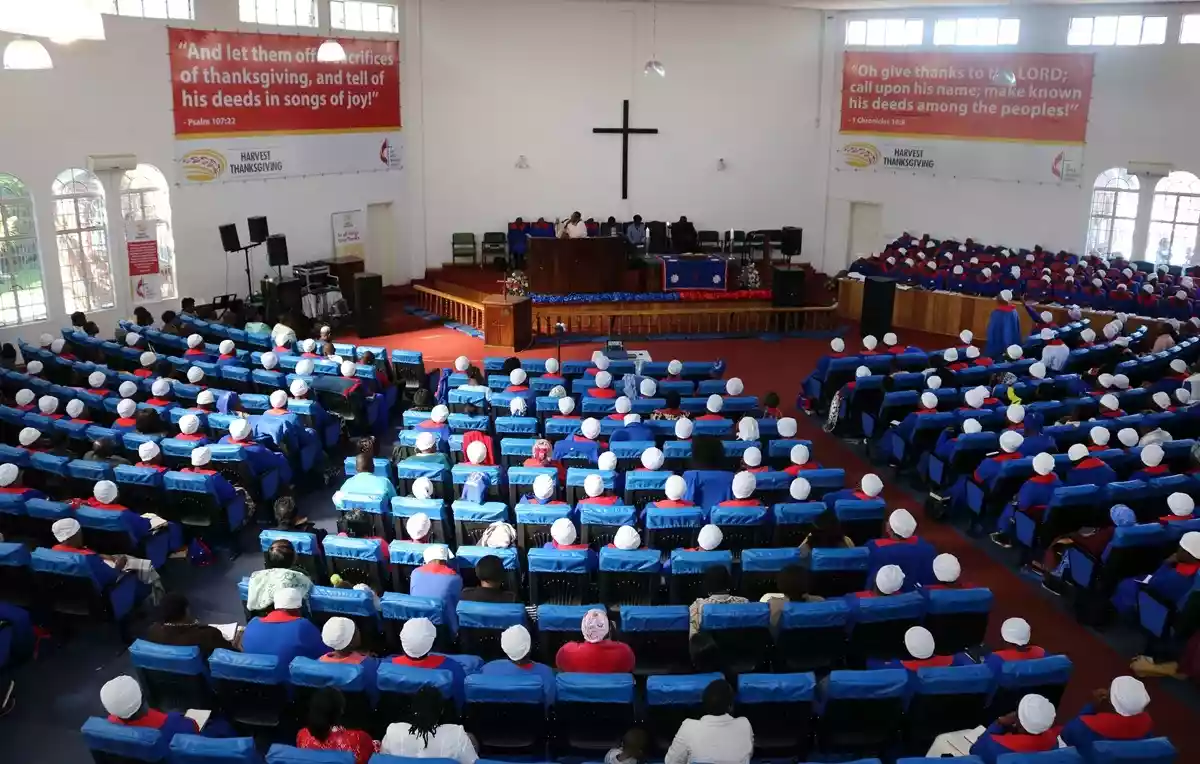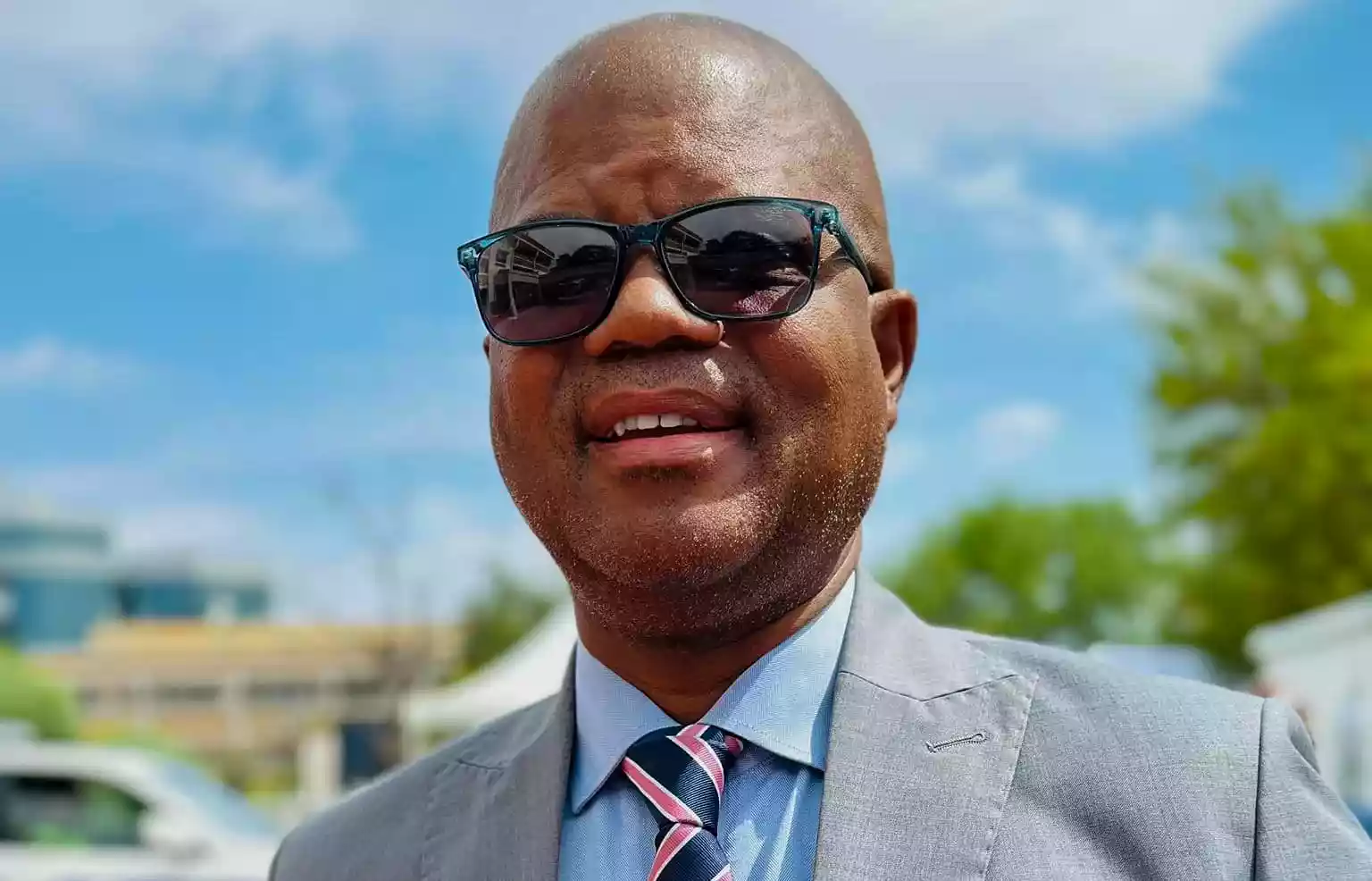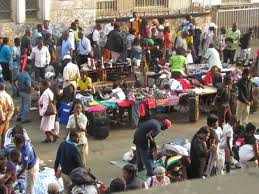
GOVERNMENT officials and teachers are engaged in cat-and-mouse games over extra lessons.
Government banned extra lessons in 2021, while the Zimbabwe Anti-Corruption Commission (ZACC) in the same year launched a probe on public schools conducting extra lessons.
However, information gathered by NewsDay shows that teachers were conducting private lessons in odd places such as bedrooms and church premises to evade authorities.
A Chivhu district schools inspector, Emmanuel Kwenda, intercepted teachers who were conducting extra lessons at an Apostolic Faith Church premises last Friday.
Four teachers were recently arrested by the police in Marondera over the same.
Primary and Secondary Education ministry spokesperson Taungana Ndoro said extra lessons remained banned.
“Those (teachers) that continue doing that will be sanctioned,” Ndoro said.
Progressive Teachers Union of Zimbabwe (PTUZ) secretary-general Raymond Majongwe said government should pay teachers decent salaries.
- Chamisa under fire over US$120K donation
- Mavhunga puts DeMbare into Chibuku quarterfinals
- Pension funds bet on Cabora Bassa oilfields
- Councils defy govt fire tender directive
Keep Reading
“Government has failed to address the root cause of the problem in the education sector and is now criminalising the teaching profession,” he said.
Zimbabwe National Union of School Heads secretary-general Munyaradzi Majoni also said government was to blame.
“They (government) suppressed the formalised extra lesson system and they promoted the clandestine system which is in full swing and thriving,” Majoni said.
Zimbabwe Teachers Association secretary-general Goodwill Taderera said extra lessons were useful.
“The current crop of learners really needs extra lessons. Apart from being affected by COVID-19, government is not paying teachers enough for them to do their best in school,” he said.
In an unrelated case, the Education ministry says it is reviewing the curriculum to align it with demands of the 21st century.
“The review comes at an opportune time and gives the country the chance to ensure the education curriculum speaks to new realities that have emerged since 2015,” said Cyprian Masocha, the chief director of curriculum development and technical services in the Primary and Secondary Education ministry while delivering a speech on behalf of permanent secretary Tumisang Thabela during the curriculum review workshop in Darwendale recently.
“With education expected to contribute towards human capital development and innovation, it is imperative that the curriculum is configured to fulfil this goal. Our curriculum must be positioned to provide a sustainable base for the production of critical and skilled.”
PTUZ president Takavafira Zhou urged the ministry to engage in genuine consultations with key stakeholders before reviewing the curriculum.
“The ministry must draw on the knowledge and experience of thousands of teachers serving in every corner of the country and devise smart policies that can resuscitate teachers’ leadership roles and enhance sustainable development in Zimbabwe,” Zhou said.
Educators Union of Zimbabwe president Tafadzwa Munodawafa, however, said: “These people never cease to amaze us. We have a newly introduced curriculum which is barely funded and now we have new issues again.”











